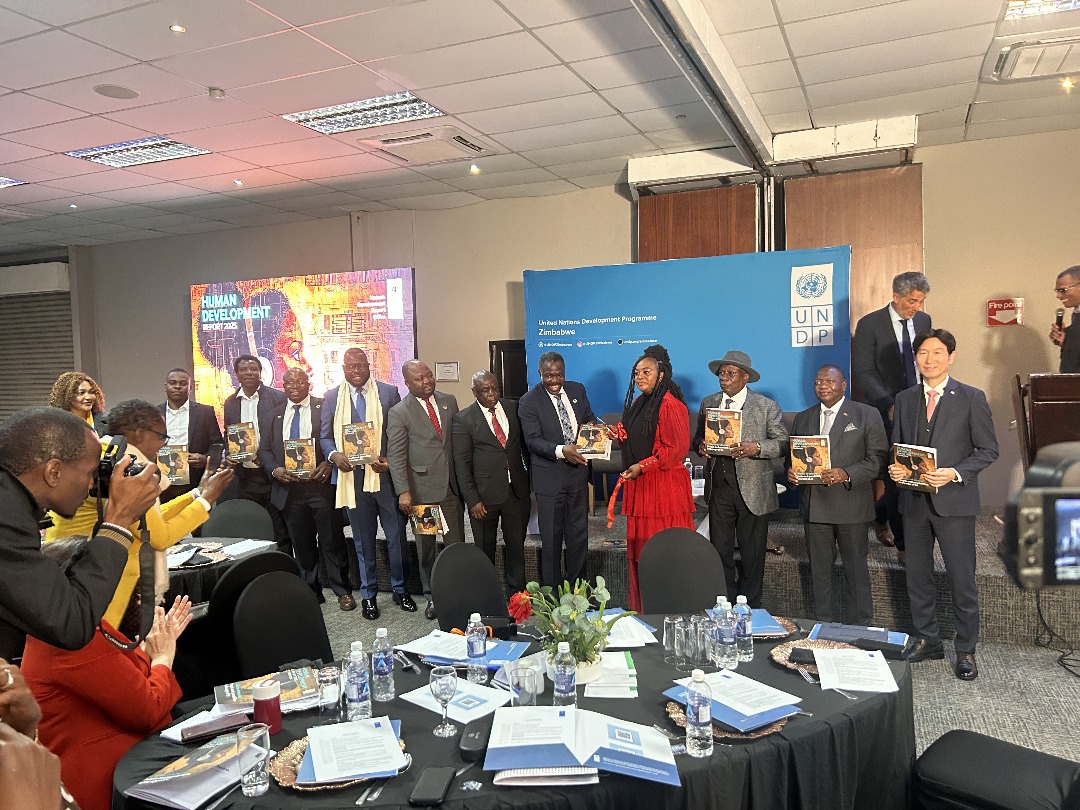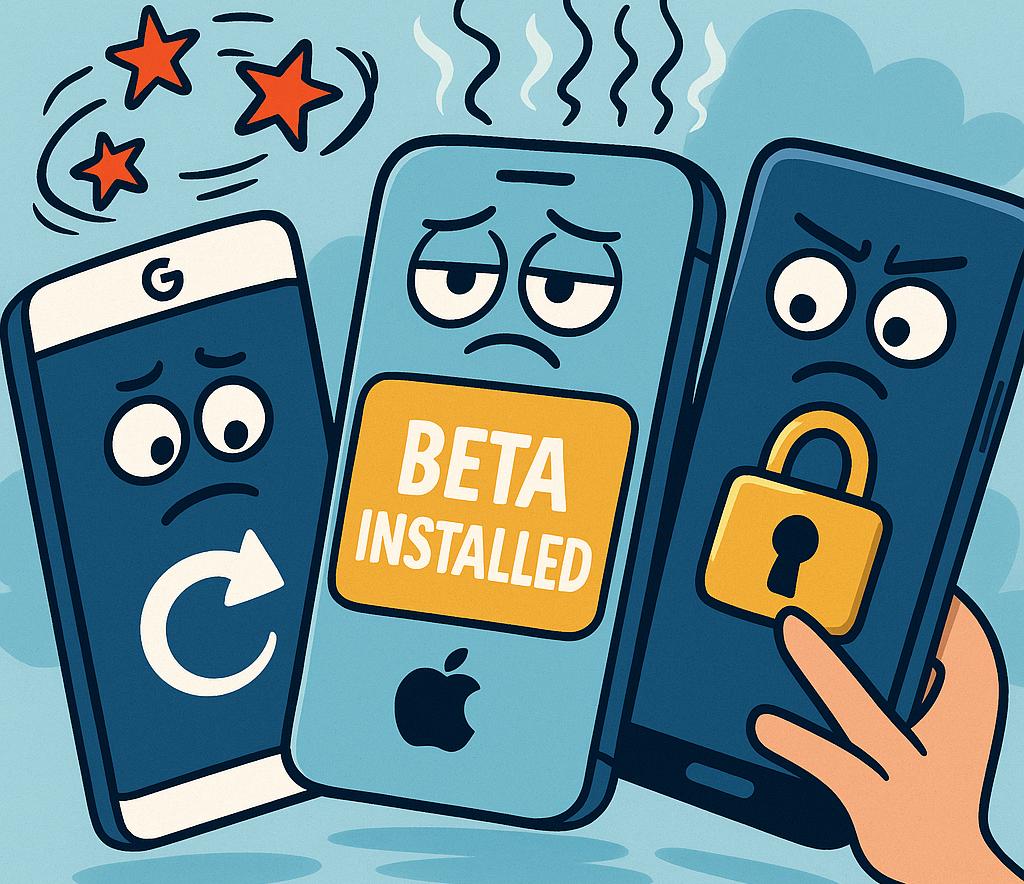 Mobile broadband has had a huge positive impact on the connectivity landscape in Zimbabwe. There’s more choice now, more competition, and so many positive outcomes from that. It’s a watershed moment in the country’s connectivity history. Of course, right now the benefits are still clouded by the ridiculous mobile broadband pricing by some operators, but looking back to this moment, when enough competition has taken care of the pricing, it will all be clear just how much of a jump this is.
Mobile broadband has had a huge positive impact on the connectivity landscape in Zimbabwe. There’s more choice now, more competition, and so many positive outcomes from that. It’s a watershed moment in the country’s connectivity history. Of course, right now the benefits are still clouded by the ridiculous mobile broadband pricing by some operators, but looking back to this moment, when enough competition has taken care of the pricing, it will all be clear just how much of a jump this is.
Internet Access Providers, , starting in2010, stepped in to provide easy-to-setup mobile internet services that changed the game completely for long time fixed internet providers.
See, before the mobile broadband revolution of 2010, only a few Zimbabweans could afford to connect to the internet. The few people that had access would typically get it at their workplaces, internet cafes and Hotspots. A small privileged group connected from home
To get connected at home, these were the typical choices: Have a fixed line for ADSL; buy a WiMax customer kit for about US$1,000; buy a US$1,000 UHF radio kit; have fibre pulled to your house; or, buy VSAT. TelOne, the sole fixed line operator in Zimbabwe, currently has capacity for some 390,000 lines so the ADSL route clearly wasn’t available for much of Zimbabwe’s populace. And as for the other options, they are simply out of reach for the bulk of Zimbabweans.
It is this large and previously left-out group that is adopting mobile broadband internet services. The subscriber numbers we’re hearing in general discussions with staff at these mobile broadband providers are quite impressive. We have clearly entered a new era.
Setting up an internet connection doesn’t need to cost a thousand dollars anymore. Subscribers can get connected by just buying airtime and using their mobile phones. And if one doesn’t have an internet-able mobile phone, they can get one for less than US$50. For those that can afford computers, they can enjoy big screen surfing by just tethering their phone to the PC or even just buying a US$70 dongle.
The fixed broadband ISPs are feeling the heat. The consumers finally have a cheaper alternative and while dongles are no replacement for company internet, even IT departments are buying dongles for employees. These little USB devices come in handy when the company’s fixed radio link goes down.
To see just how much heat the ISPs are feeling, you just need to check the advertising in the press; prices are coming down, Internet packages are being reworked to accommodate low income users, and more attention is being given to Wi-Fi hotspots.
Everything about internet connectivity as we know has been disrupted in a huge way.












Comments
7 responses
I wish you had published the mobile subscriber numbers from the providers you spoke with, that’s the real meat of mobile broadband penetration in the country. And talking of changes brought about by mobile broadband, I remember this time last year regularly visiting YoAfrica’s offices to get onto the internet, only to find throngs of the people at the premises surfing through WIFI. I wonder how they are doing now? Either they are glad the throngs are gone or they truly miss us!
I realise @JamesM. prob is the numbers are not independently verified so… not very accurate. But yes, will try to come up with some stats that are near accurate.
here’s something: http://www.techzim.co.zw/2011/06/some-1-8-million-econet-subscribers-use-mobile-broadband/
JamesM – Try downloading a movie or an episode of a TV series via your mobile phone. You people make it sound like ISP’s have been ripping off clients for years. How sad you are. Instead of the usual diatribe against perceived high prices, do some actual investigations into just how much it costs to roll out a RELIABLE infrastructure that will provide a return on investment and provide decent pricing to the public. The rest of the world has had proper infrastructure for over 30 years, we have not. And its a matter of simple economics that the more people you have using something, the cheaper it gets. In the UK, ADSL is still the most used,reliable and versatile method of connecting because it provides for the most usability – and its based on a cable type infrastructure. Wireless technology is good, but it has limitations. Maybe in a few years a person in the rural area will be able to connect and do everything an urban person can do, for a low costs, but we not there yet.
So instead of applauding and wishing for the potential demise of those organisations that have been here giving the likes of you Internet connectivity, try to be a little constructive and supportive, instead of jumping at offerings from those companies that are all talk and no real substance.
I suspect that the ISP’s do not, and will not, miss people like ‘us’ who want everything for nothing.
didn’t realise this was an attack on ISPs. It certainly wasn’t the intention.ISPs might be feeling the heat but I’m not sure they could have done much to lower the prices of bandwidth in the old days.
I see them as a group whose business just got disrupted coz costs of service delivery were too high, especially setup. That doesn’t make ISPs evil in any way. A couple of companies just came along with cheaper setup alternatives. if anything, some mobile broadband subscribers are ripping off customers in a way ISPs never did.
there’s just more choice now, and internet providers revising prices downwards is evidence.
Hmm! Interesting indeed! Prices aside, mobile broadband particulary in Zim has brought about changes that ultimately benefit the consumer and some of us whose lifelihoods depend on good and reliable internet connectivity. Since Netone’s residential infrastructure is crumbling all around us dial-up let alone ADSL internet are not possible options. Then mobile broadband steps in, Africom, Econet, Telecel and still others are rumored to be coming in; no longer do I have to leave the comfort of my home to dash to a WIFI hotspot for time on the net. I can do that from just about anywhere there’s coverage. Now that’s one of many changes brought about by mobile broadband and profoundly felt by many of us!
ISPs charge us usage during working hours that is from 6am to 7pm. Usage out of those hours is free which is not being done by mobile internet providers.